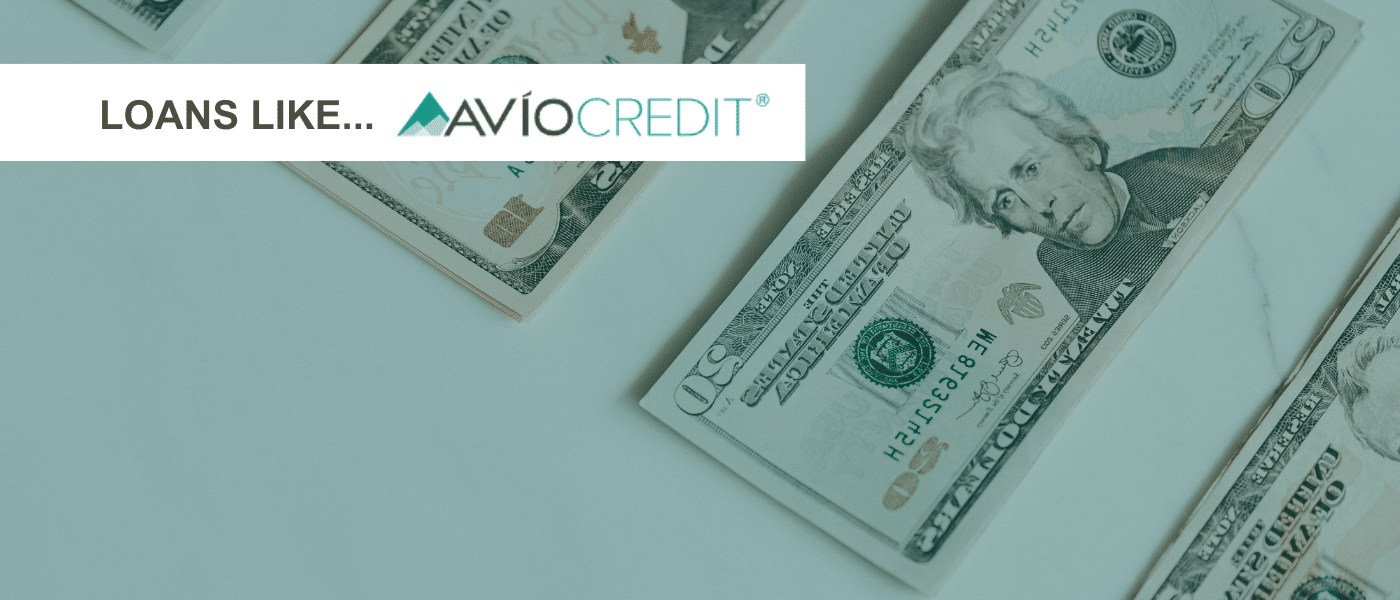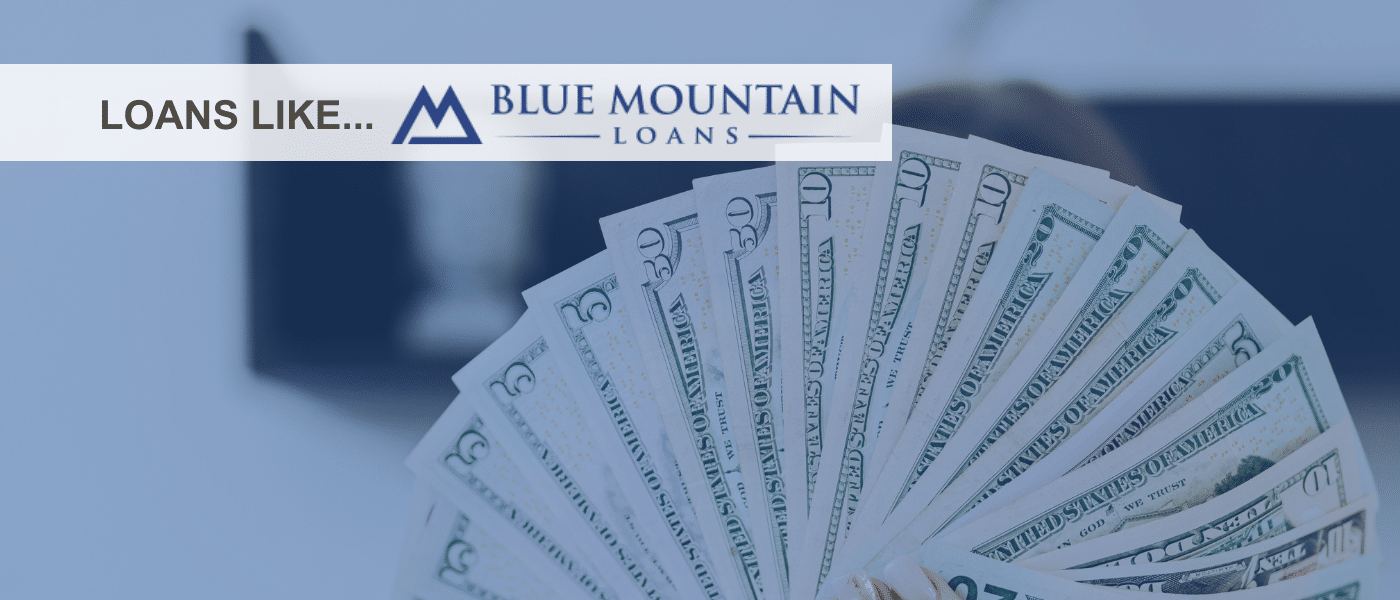The world of personal finance can feel overwhelming at times. It’s not always easy to know the best ways to stay organized, budget, and save money. It can be all the more difficult if you’ve never had a bank account before. In addition, the never-ending ads and marketing campaigns for banks would make anyone’s head spin. Luckily, there are other options, like a credit union. But what is the difference between retail banks and credit unions? Great question! Read on to learn more about banks and credit unions and what to expect when searching for a new bank account.
In this article, we’re going to discuss the significant differences between retail banks and credit unions.
Use this information to help your research when deciding which bank or financial institution to use. There are so many different financial products and accounts out there. At CreditNinja, our goal is to get you all the information you need to make an educated and informed decision.
Credit Union
Let’s start with the credit union. While many people are familiar with what a traditional bank is, fewer are familiar with credit unions. This is unfortunate since a credit union may be a better choice for many borrowers looking for a retail bank’s services.
A credit union is a member-owned, non-profit organization that offers banking and financial services. Credit unions provide many of the same financial services as a bank, but they exist to serve their members rather than to make profits. This means credit union members may receive more favorable rates, terms, and conditions than other financial institutions.
Many credit unions can indeed offer you better deals than certain banks. This is because they aren’t focused on making a profit from you. As a result, credit unions are probably going to offer you better savings rates. Credit unions may also provide lower interest rates on personal loans or some bad credit loans.
If credit unions are available to you through their field of membership, they are worth exploring.
How Do Credit Unions Work?
Because credit unions focus more closely on serving their members, they tend to be safer options than regular retail banks. This is because the institution’s profits are given back to its members at lower loan rates, higher savings rates, and reduced fees.
At this point, you’re probably wondering how you can become a member of a credit union. That’s a great question and one with several answers. First, credit unions maintain a “field of membership,” which means that all their members have something in common.
You can usually join a credit union based on the following:
Your Place of Work
Many employers have an association with a credit union.
Where You Live
If you live near a credit union, you may be able to join.
Your Relatives
Credit unions may allow you to join if you have family that are existing members.
Group Membership
You might be able to join a credit union based on membership in another group like a labor union, church, or even a homeowner’s association.
Retail Bank
Retail banking is a term that you may hear when searching for the right financial institution for you. It simply refers to the traditional consumer banks that we’re all familiar with. However, it will have several distinct differences from a credit union. They offer checking accounts, savings accounts, personal loans, and more. But they exist to make money.
Odds are you’re already familiar with retail banks and what they offer. Most adults have a bank account of some sort with a traditional bank.
What Do Retail Banks Offer?
The official definition of a retail bank is a financial institution that provides services and products for individual consumers rather than corporations or businesses. You can expect to find checking and savings accounts, and a number of options for installment loans as well.
The most common services or products you can expect from a consumer bank include:
- Checking accounts
- Savings accounts
- Personal loans
- Lines of credit
- Mortgages
- Debit or check cards
- Credit cards (such as a credit card for a 690 credit score)
- Certificates of deposit (CDs)
A retail bank may be a part of a large corporate bank or could be a small community establishment. And while your bank will likely offer in-person customer service and assistance, many banks now perform most banking services online or through a mobile app.
Unlike credit unions, retail banks are for-profit organizations. This means that they do make money on their customers. The way banks make money is through interest charges on loans that they offer to their customers. When a customer puts money into a bank account, the bank can use that money to lend to other customers and charge them interest.
Credit Unions vs Online Banks
| Criteria | Retails Banks | Credit Unions |
| Scale & Reach | National/international. | Local/regional. |
| Technology Adoption | Faster due to larger budgets. | Slower but improving. |
| Branch Availability | Widespread branches. | Fewer branches; use shared branching networks. |
| Customer Demographics | Diverse, broader audience. | Specific to a community or group. |
| Financial Education | Limited workshops & seminars. | May have regular workshops for members. |
| Loyalty Programs | Tied to credit cards or premium accounts. | Community-based, member-centric programs. |
| Investment Services | Wide range with specialized advisors. | Basic with fewer options. |
| Online Reviews & Ratings | Varies; larger banks may have mixed reviews. | Often more positive due to community ties. |
| Account Closing Fees | Some banks charge fees. | Rarely charge fees. |
Common Bank and Credit Union Services
There are several services that both banks and credit unions offer. You should be familiar with the types of services, loans, and products each of them provides so you can decide which one is right for you.
Checking Accounts
These accounts are available through a bank or credit union. They are one of the most common financial services out there. A checking account is for everyday purchases, deposits, and cash withdrawals. You can use paper checks (does anyone still do this?), check cards or debit cards, or online deposits/transfers to access your money.
Many people also use their checking accounts for employer deposits. Depending on your employer, you can usually set up direct deposit, so your paychecks are digitally transferred right into your checking account. This can save you the time and energy of having to go to the bank every payday.
It’s important to note that these accounts will likely have specific fees and maintenance charges. This may include monthly maintenance charges or overdraft fees, for example.
You’re likely to see lower fees with a credit union than with a traditional bank.
Savings Accounts
This type of account is also a service that both credit unions and banks offer their customers. A savings account is a more long-term financial tool. Instead of regularly using the money in your savings account, customers use it to store funds for emergencies or save for a large purchase like a home or vehicle.
Some banks or financial institutions may even limit the number of monthly withdrawals from your savings account. This encourages customers to use the account for long-term savings instead of weekly or monthly use.
A savings account will also allow customers to earn interest on the money they have in their account.
This interest can be an incentive to store more money in your account. This is because they’re paying you to keep your money in a savings account.
Credit Cards
Credit cards are another standard product that you’ll find at banks and some credit unions as well. These can be handy financial tools when you use them correctly, but they can also get you into a great deal of financial trouble if you don’t.
A credit card is essentially a way to use money that you don’t have. The credit card company gives you a card with a set limit. You can use the card to spend money up to that limit. Then, when you pay off the balance you spend, the entire limit becomes available again.
One of the most important things to remember with a credit card is that paying it off is crucial. You may even pay off your credit card balance early to ensure the expense is taken care of. If you don’t, the credit card APRs and interest rates may cause you to accumulate unaffordable credit card debt.
Federal Deposit Insurance Corporation
If you’ve done any research whatsoever on banks or credit unions, then you’ve probably heard of the FDIC. But what is it, and what does it do?
The Federal Deposit Insurance Corporation or FDIC is an independent agency created by Congress to “maintain stability and public confidence in the nation’s financial system.”1 The FDIC insures money in the banks and oversees financial institutions to protect consumers and make sure banks are operating safely.
National Credit Union Administration
The FDIC is one of two agencies that protect consumers from unfair banking practices. The other agency is called the National Credit Union Administration, which provides the same oversight and insurance for credit unions.
It’s essential to be familiar with these organizations because banking can be risky if you’re dealing with an untrustworthy institution. Any time you’re considering a new bank or a credit union, make sure that the FDIC or NCUA insures the money you’ll be giving them for a checking or savings account. Whether you choose a bank or credit union, you’ll want to be sure your money is safe.
FAQ: Banks vs. Credit Unions
Yes, credit unions tend to have fewer physical branches compared to larger banks. However, many credit unions are part of shared branching networks, allowing members to access services at multiple locations.
Yes, most banks are for-profit institutions, aiming to generate profits for their shareholders. In contrast, credit unions are not-for-profit entities that prioritize member benefits.
Both banks and credit unions offer mobile banking services. However, larger banks might have more advanced mobile apps due to higher resources. That said, many credit unions are rapidly adopting advanced mobile banking features to cater to their members’ needs.
Yes, you can open various credit union accounts, including checking, savings, and loan accounts, similar to traditional banks.
Yes, while banks are insured by the Federal Deposit Insurance Corp (FDIC), credit unions are insured by the National Credit Union Administration (NCUA).2 Both provide similar protection levels, ensuring your money is safe.
Most credit unions require a small one-time membership fee or a minimum deposit to establish membership. This fee or deposit is typically nominal and is used to signify your membership and ownership stake in the credit union.
Credit unions tend to have a more personalized loan approval process, often considering the member’s relationship with the credit union. Banks might rely more heavily on credit scores and standardized metrics.
Yes, there are some credit unions that provide business accounts and services, though the offerings might vary compared to larger banks.
Credit unions tend to offer higher interest rates on savings accounts compared to for-profit institutions like banks, as they prioritize member benefits over profits.
Most credit unions are part of larger ATM networks, providing credit union members with widespread access to ATMs without additional fees.
CreditNinja’s Thoughts on Credit Unions vs. Banks
Here at CreditNinja, we want you to have all the credit union and banking information you need to make an informed decision. If you’re currently trying to decide between credit unions and banks, make sure to do plenty of research on both. CreditNinja’s advice would be to find an organization that will give you the best deals and the best treatment. They may be a credit union, and it may be a bank. It will depend on your financial situation, the regulations and rates in your state, and the specific organization. Just remember to ask questions, talk to a representative, and do plenty of research!
References:
- FDIC
- About NCUA
- How is a credit union different than a bank? | MyCreditUnion.gov






